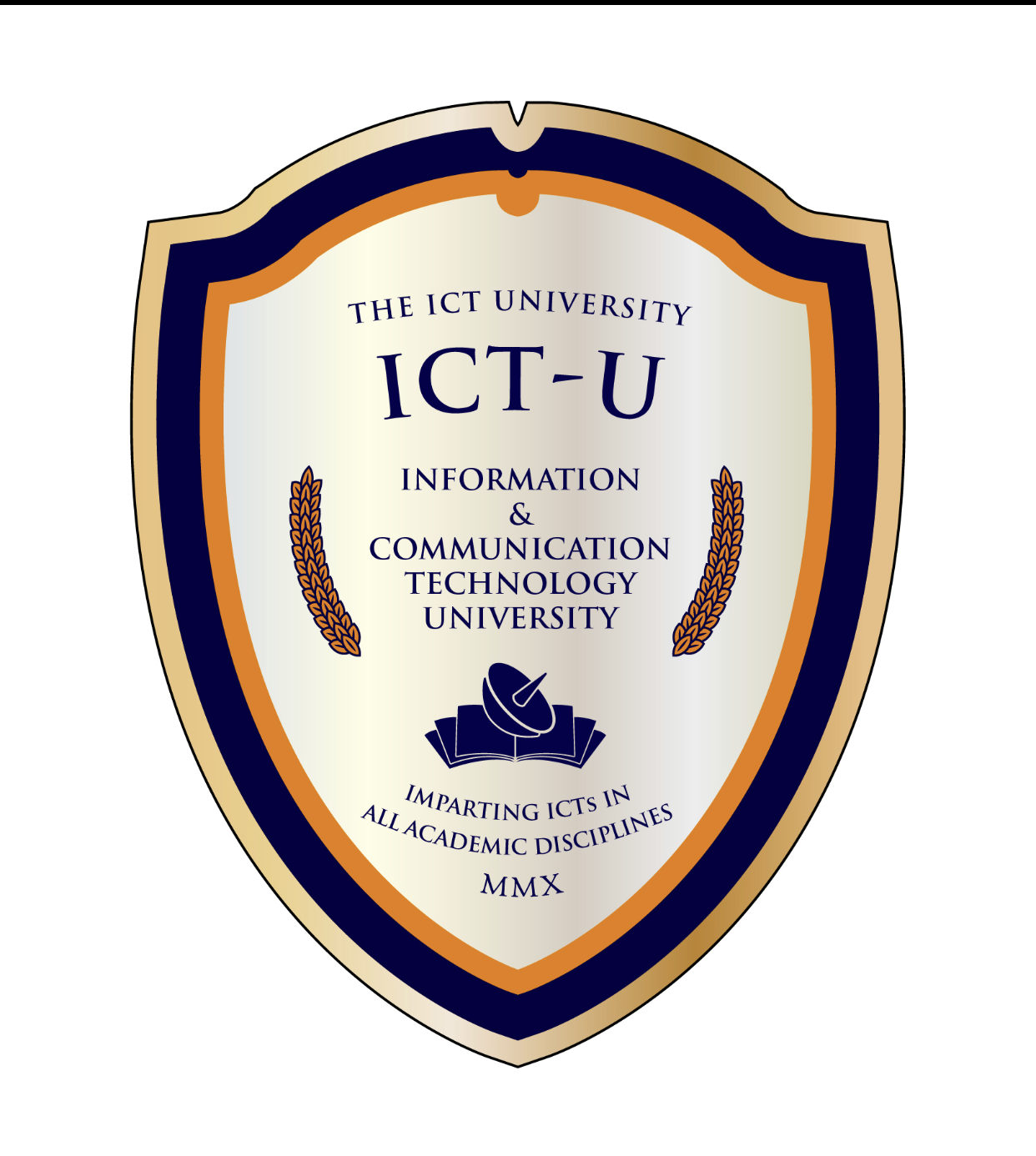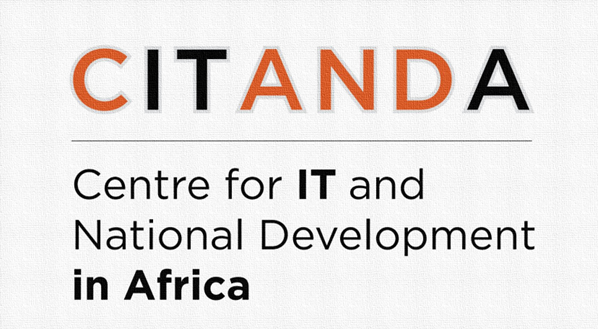Publication Date
12-2009
Abstract
The study investigated the impact of computer technology on productivity improvement as reflected in the billing process and total quality bills invoiced per month in the Gaborone headquarters of Botswana Power Corporation and Water Utilities Corporation. It examined the input-output relationship with computers as one of the inputs. The other input is labour represented by the Meter Reading Hours and the Supervisory Hours. The study drew on the economic production theory and time series approach to determine the contributions of the inputs to output. The study relied on unpublished information and interviews rather than the use of publicly or commercially available data as the primary data source.
The results as evidenced by the regression parameters suggest that inputs and their characteristics satisfactorily explained the productivity improvement of the billing process in the two corporations. The results, however, show no significant statistical evidence that computer technology is positively linked to improvement in total quality bills invoiced per month. Interview conducted revealed that some aspects of the workplace practices within the two corporations also exerted significant influence on the inputs. This suggests that computer technology alone is an insufficient predictor of productivity improvement.
The study extends research on information technology (IT) impact on productivity improvement to public sector in Africa, and perhaps, is the first attempt to compare the impact of computer technology on productivity improvement among government utility corporations in Africa. The study would assist African governments in fashioning appropriate policies on investments in IT and to review existing ones.


